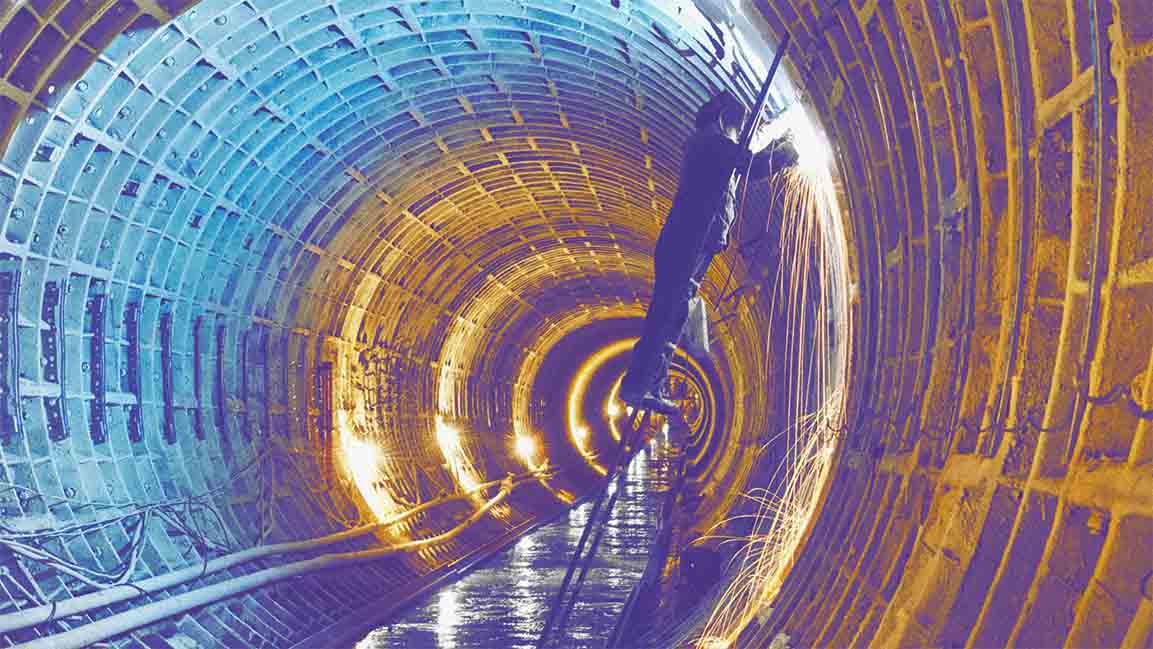- | 11:00 am
Benefits from expanded GCC metro rail could be worth $700 billion
According to a new survey, GCC needs to spend $220 billion to construct an additional 1,100 km of metro rail.

Across the GCC region, dozens of new metro lines are scheduled to begin operations. After over two years of the pandemic slashing ridership, the openings of these years-in-the-making transit lines represent a glimmer of hope that public transit is, if not well, at least alive.
Over the years, the region’s public transport level has grown and expanded. To accommodate the expanding population demand in the region, metro systems are essential to urban public transportation because they can move many people quickly and effectively.
However, by 2030, the metro systems in GCC cities would need to be expanded by 1,100 km at an estimated cost of approximately $220 billion.
According to a recent Strategy& analysis, the cities will need to expand their current 400 km of metro tracks to accommodate the expanding population demand.
There are 90 km and 76 km of operational metro system tracks in Dubai and Doha, respectively, as of 2022.
A 176-kilometer metro system is expected to open in Riyadh by 2024. By 2030, Saudi Arabia will require an additional $34 billion in capital expenditures on top of the $40 billion already made.
Meanwhile, Abu Dhabi has also announced plans for a 131-kilometer metro system by 2030. Electric bus experiments started there in 2019 as well.
Despite the high cost, a properly designed and financed metro system can produce three to four times as many direct and indirect socio-economic advantages.
“If cities were to build the additional roughly 1,100 km of metro rail required by 2030, they could realize direct and indirect socio-economic benefits worth around $700 billion over 20 years,” said Mark Haddad, Partner with Strategy& Middle East.
A framework based on four pillars that build upon four core aspects is necessary to ensure that present and future metro systems attain such returns. According to the report, they will assist communities in realizing the expected benefits.
These four pillars of the implementation framework are supported by four factors: efficient governance; laws and incentives to encourage the use of public transportation; funding for system development, launch, and early operations; and local capabilities that allow for efficient long-term management.
According to Ruggero Moretto, Principal of Strategy& Middle East, correctly designed and maintained metro systems may increase socio-economic returns over the long term, encourage sustainability, and enhance the quality of life for locals.
































